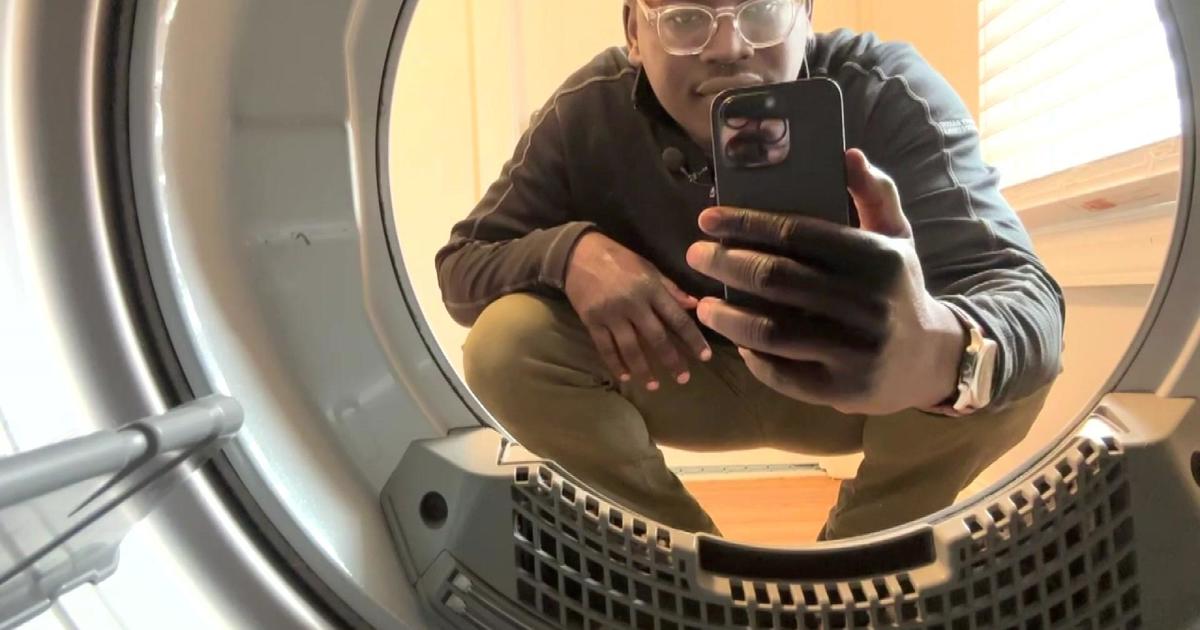Are You Chasing People 'Out Of Your League'?
(CNN) -- Online daters tend to pursue users who are roughly 25% "more desirable" than they are -- and, by the looks of their messages, many are well aware of the "hierarchy," according to a study published Wednesday in the journal Science Advances.
The study found that the higher up we reach, the longer our messages tend to get -- and the less likely we'll get a message back.
"We have this phrase 'you're out of my league.' What does it mean scientifically for someone to be out of your league? ... How can we figure out who's in and who's out?" said study author Elizabeth Bruch, associate professor of complex systems and sociology at the University of Michigan.
"Intuitively, I expected to find some sort of desirability gap," she said, "but I was thinking more on the order of 5 or 10%, not 25%. That number for me was really striking."
The data come from nearly 187,000 heterosexual daters on a "popular, free online dating service" in New York, Chicago, Seattle and Boston, according to the study. The researchers did not name the dating service due to a nondisclosure agreement they signed with the company, Bruch said.
In messaging women higher up the ladder, the best men can hope for, on average, is a reply to one out of every five messages.
"The costs of being aspirational are so low in this context -- in contrast to pursuing partners in person, where the rejection really stings," Eli Finkel, a professor of psychology and management at Northwestern University, told CNN in an e-mail. Finkel was not involved in the newly published research.
Finkel said that this strategy seems "rational" given the low costs of sending a message online. But it might play out very differently in person -- at a party, for example -- where you can see who's surrounded by wooers and "redirect your attention to other prospects," he said.
"In online dating, you can't tell how much attention anybody's getting, which means that too many of us are pursuing too few potential partners -- those who [look] appealing in their photographs and profile.
"This is one of the concerns I've long had about online dating," he added.
Bruch measured "desirability" by looking at how many messages a user received and how popular the senders were. To rank online daters from least to most desirable, she used the same algorithm that Google's search engine uses.
Other trends emerged: A woman's average desirability begins to drop from the time she's 18. Men, however, peak around age 50. When it comes to education, for men, more is better. Not so for women, whose desirability peaks with an undergraduate degree but takes a hit with postgraduate education -- even when correcting for age. Race plays heavily into the results, with Asian women and white men being the most sought after overall.
What this looks like, practically speaking, is that "most people receive a handful of messages at most, but a small fraction of the population receive far more," the researchers wrote.
"Online dating becomes a hassle for ... those individuals -- especially the women -- who find themselves deluged with suitors," Finkel said. "For them, the process quickly starts to feel like work rather than fun."
The single most popular online dater in the data set? An unidentified 30-year-old woman in New York who received 1,504 messages in just one month. That averages to one message every 30 minutes, around the clock.
"That would be probably unheard of behavior offline," Bruch said. "Online, there's many, many more people one can message, and there's also potentially the illusion that people are accessible to you who really are not."
That may heighten the internet dating hierarchy, Bruch said; the most attractive people will garner much more attention on an app than they would at a bar.
And all that effort you put into crafting a lengthier message? It might be energy wasted, the study suggests; the payoff was minimal overall.
"That might feel a little demoralizing, but there is a very optimistic take home message," Bruch said. "If you're willing to put in the effort and you're comfortable with your low reply rate, you certainly can pursue and date people who are out of your league.
"We can tell you what your probabilities [of getting a response] are, and perhaps they are hovering around 10% when you're messaging aspirationally. But that's not zero."
According to a 2015 survey by the Pew Research Center, 15% of US adults say they've used dating apps or websites, including 27% of the 18-to-24 demographic.
But how does all this effort -- the browsing, swiping and careful crafting of messages -- play out when you meet IRL? (That's "in real life," for those less familiar with internet parlance.)
"The fact that somebody is appealing or unappealing in an online dating profile isn't particularly useful in predicting how compatible you'll be with that person when you meet face to face," said Finkel, also the author of "The All-Or-Nothing Marriage."
Best not to write someone off based on a ho-hum dating profile, he said.
"I recommend that people spend less time browsing profiles ... and more time meeting people for a cup of coffee or a pint of beer."
The-CNN-Wire
™ & © 2018 Cable News Network, Inc., a Time Warner Company. All rights reserved.



